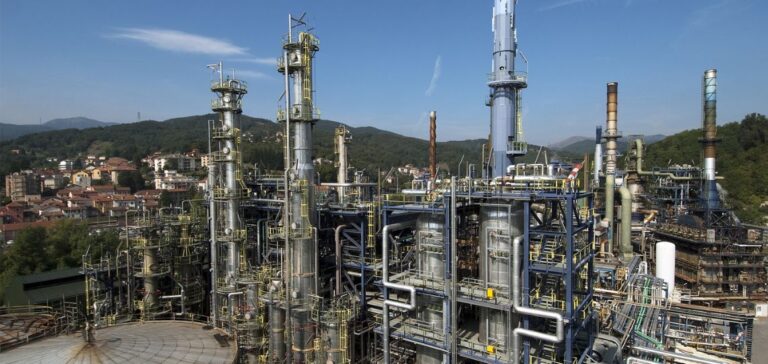The hydrocracker market is booming, driven by the growing need to transform heavy hydrocarbons into lighter, cleaner refined products.
A key technology in the refining industry, hydrocrackers help to meet environmental regulations while optimizing the production of fuels such as diesel and jet fuel.
Refineries are increasingly adopting these units to maximize the yield of high-value-added products, particularly in regions where demand for low-sulfur fuels is rising sharply.
The hydrocracking process, which is more complex than traditional methods, is now indispensable for producing fuels that comply with stringent emission reduction standards.
Developments in associated technologies, notably catalysts, have significantly improved the efficiency of hydrocracking units, reducing operating costs and boosting the competitiveness of refineries on the world market.
Strategic investments to support growth
North America stands out as the most dynamic market, with sustained investment in refining infrastructure.
In the United States, the modernization of refineries largely includes the integration of advanced hydrocracking technologies, in response to the growing demand for clean fuels.
These investments are essential to maintain the competitiveness of our facilities in the face of market and regulatory demands.
At the same time, Asia, and India in particular, has seen a significant increase in refining capacity, strengthening its position on the world market.
The integration of cutting-edge technologies in new facilities is enabling these countries to meet the growing demand for fuels while complying with international standards for reducing CO2 emissions.
Technological Challenges and Sector Outlook
Technological advances play a crucial role in the expansion of the hydrocracker market.
Innovations in processes and catalysts are maximizing unit efficiency, reducing costs while increasing the production of high-quality refined products.
These improvements are particularly important at a time when fluctuating crude oil prices and geopolitical uncertainties require rigorous management of costs and resources.
Major market players such as Shell plc, Exxon Mobil Corporation and Chevron Lummus Global continue to develop and implement expansion and innovation strategies.
These companies are investing heavily in research and development to maintain their technological lead and meet the needs of a constantly evolving market.
The ability to produce cleaner fuels while optimizing production costs will be decisive for the sector’s future growth.






















